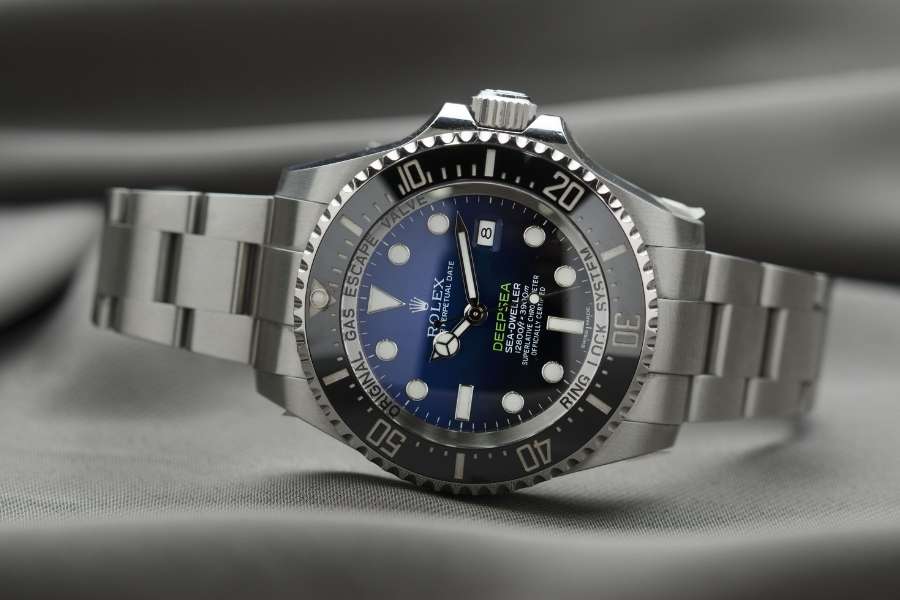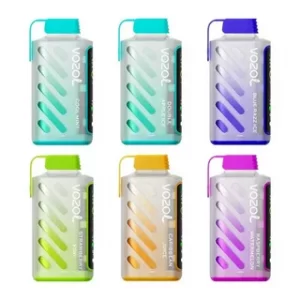The Evolution of Time: How Watch Factories Are Innovating in the 21st Century

The passage of time remains constant, but how we measure it is in a state of perpetual innovation. Watch factories, once the bastions of precision mechanical engineering, are now the hotbeds of technological integration, sustainability practices, and customer personalization. As we move through the 21st century, these facilities are not merely surviving; they are thriving by adapting to the new demands of an ever-evolving marketplace.
Adapting to the Digital Revolution
The biggest challenge and opportunity for watch factories in the modern era is the digital revolution. The rise of smartwatches has prompted traditional watchmakers to rethink their offerings. Factories are increasingly integrating smart technology into their watches, combining traditional craftsmanship with features such as health monitoring, GPS, and wireless connectivity.
This melding of old and new is a delicate balance. Factories have had to invest in new machinery and training for their staff. The skills required to assemble a mechanical watch are vastly different from those needed to incorporate microprocessors and touchscreens. However, by harnessing these new technologies, watchmakers are expanding watch factory market and staying relevant in the age of wearables.
Embracing Sustainability
Sustainability is another area where watch factories are showing significant innovation. In an era where consumers are more environmentally conscious, the industry is responding with practices that reduce their ecological footprint. Factories are adopting renewable energy sources, like solar and wind power, to run their operations. Moreover, they are increasingly using recycled or eco-friendly materials, not just in the watches themselves but also in the packaging.
Furthermore, the concept of a watch as a lifelong companion rather than a disposable item is being embraced. Factories offer extensive repair and refurbishment services, ensuring that watches can be maintained and worn for generations, which aligns with sustainable consumption philosophies.
Personalization and Customer Experience
In the age of mass production, personalization is a luxury that many consumers are willing to pay for. Watch factories are innovating by offering bespoke services that allow customers to have a hand in the design of their watches. From selecting materials, colors, and finishes to engraving personal messages, this level of service adds emotional value to the timepieces.
The customer experience extends beyond the purchase, with factories providing immersive experiences through factory tours, workshops, and even virtual reality presentations. These experiences deepen customer engagement and loyalty, and also serve as an educational tool to convey the craftsmanship and heritage of the brand.
Investing in Research and Development
Continuous innovation requires a dedicated investment in research and development (R&D). Watch factories are experimenting with new materials such as ceramics, carbon fiber, and alloys to create watches that are not only aesthetically pleasing but also more durable, lighter, and more comfortable.
The horology field is also witnessing advancements in mechanical movements. The quest for precision and efficiency has led to the development of new escapements, the use of silicon parts to reduce friction, and increased power reserves. These improvements showcase the industry’s commitment to pushing the boundaries of what a mechanical watch can achieve.
Collaboration with Other Industries
Cross-industry collaboration is a growing trend among watch factories. By partnering with firms in the aerospace, automotive, and electronics sectors, watchmakers are learning new techniques and applying innovative materials and technologies to their products.
These partnerships often result in limited-edition watches that feature cutting-edge design and technology, appealing to collectors and technophiles alike. Such collaborations not only lead to product innovation but also open up marketing and sponsorship opportunities.
Conclusion: The Timekeepers of Tomorrow
The watch factories of the 21st century are in a constant state of evolution. They are no longer just manufacturers; they are technology companies, sustainability pioneers, and luxury service providers. By embracing change and innovation, these timekeepers are not only preserving the rich heritage of watchmaking but also ensuring its relevance for future generations. As they tick forward, they remind us that even as the world accelerates, there remains an art to keeping pace with the evolution of time.





